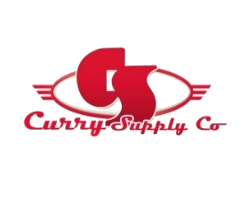
Curry Supply Company
Curry Supply Company is a family-owned business that was established in 1932. Over the past 85 years, Curry Supply has grown into one of America’s largest manufacturers and dealers of commercial service vehicles including mechanics trucks, service trucks, vacuum trucks, winch trucks, dump trucks, crash attenuator trucks, lube trailers, and lube skids, as well as fuel/lube trucks and water trucks for both on-road and off-road needs.